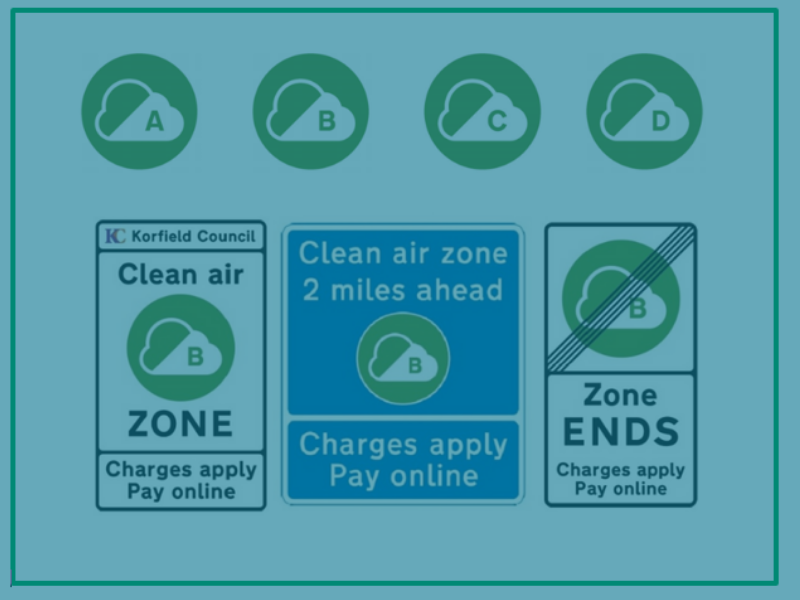A class C clean air zone will see charges for most higher emission vehicles driving in the centre of Bath from early 2021 (delayed from Nov 2020).
Private cars and motorbikes will not be charged, even if they’re used for work. However, drivers of cars registered between March 2001 and January 1980 (classed PLG on a V5 form) will need to apply for an exemption to avoid charges.

